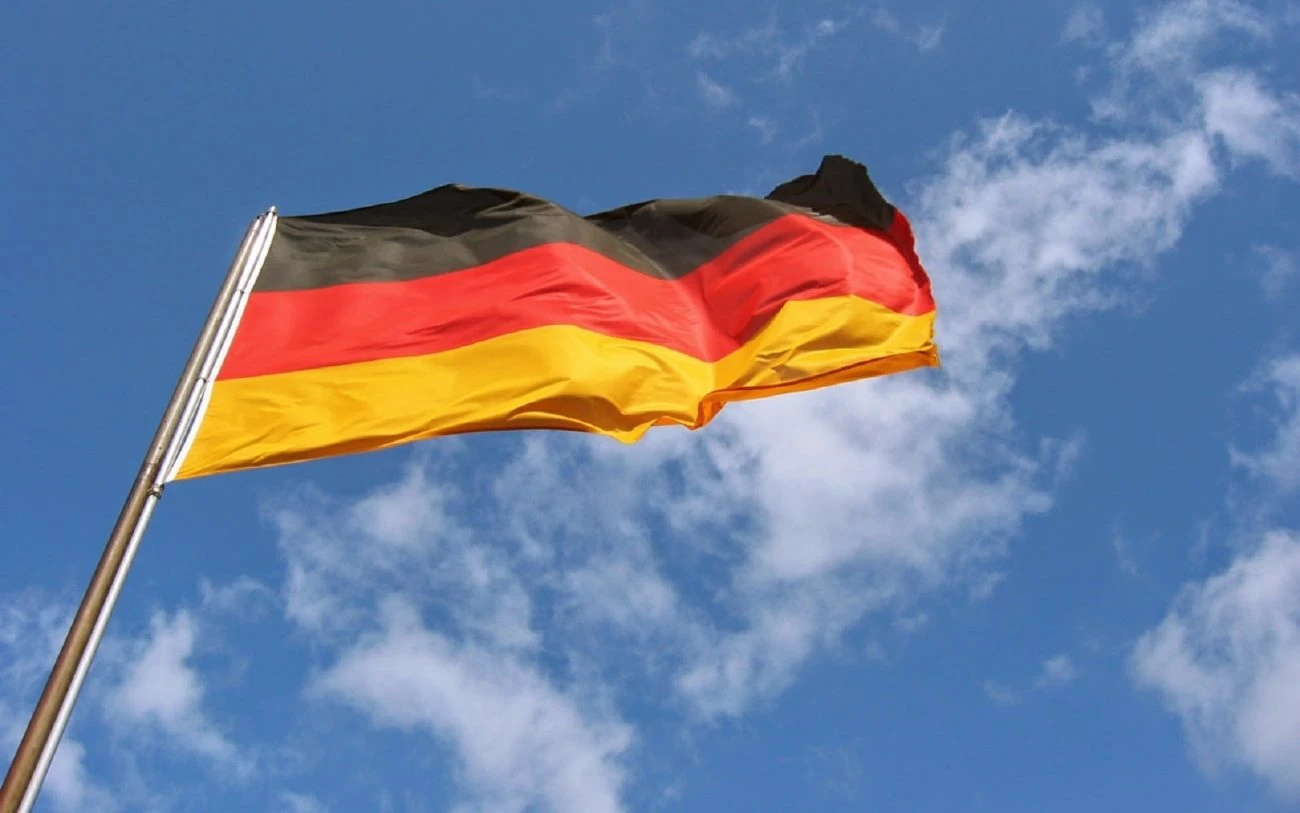EGBA: German progress welcome, but concerns remain

The European Gaming and Betting Association (EGBA) has spoken out over the introduction of Germany’s new draft State Treaty for Gambling, welcoming the regulation as a “positive development” for the country’s market, despite raising concerns about some of its proposed measures.
Announced earlier this week, the Glücksspielneuregulierungsstaatsvertrags would retain the monopoly structure of Germany’s state lottery industry, while also lifting prohibition on online casino and allowing for sports betting, legalised in the current State Treaty to continue.
Should the new Treaty be agreed at the Minister-Presidents meeting on 5 March, it will replace the existing State Treaty and come into force on 1 July 2021.
Analysing the Treaty, the EGBA said while its objective is to regulate Germany’s gambling activity in an effective way and ensure gambling activity takes place within a regulated environment, this would be a challenge, given low channelling rates in the German gambling market.
Citing 2017 figures from the Düsseldorf Institute for Competition Economics (DICE), Germany had a channelling rate of just 1.8%, meaning only a 1.8% of all gambling activity in Germany took place in a regulated or licensed environment.
Though the EGBA said it welcomed the progress made on the latest edition of the Treaty, it also stated that some of the proposals in the current draft treaty could prove detrimental and counterproductive. It cited concerns over measures for live betting restrictions, advertising and curbs on player account activity.
The Treaty sets out restrictions on live betting, which looks set to be limited to betting on the final result, or the next goalscorer. Reports also suggest advertising on TV would be prohibited between 6AM and 11PM, while consumers could be blocked from accessing their account on one site for five minutes after logging out of another.
As such, the EGBA said that the authorities in Germany should reconsider their approach and look at alternatives for the final Treaty.
“This is a positive development towards bringing Germany’s gambling regulation into the 21st century,” the EGBA’s secretary general Maarten Haijer said. “The challenge will be to deliver a new regulation which is fit for the digital age we live in, which provides a safer gambling environment for consumers and enables a well-regulated and well-channelled market.”
“We look forward to providing formal comments to the proposals in due course and continuing a constructive dialogue with the German authorities.”
The EGBA is not the only organisation to raise concerns about the Treaty, with the German Sports Betting Association (DSWV) saying that despite it being the first step towards modern, market-compliant gaming regulation” in the country, it was worried about certain restrictive terms.
Much like the EGBA, the DSWV criticised restrictions on live betting, which looks set to be limited to betting on the final result, or next goalscorer, as well as the limitations on player activities.
However, the regulations have won the support of Germany's powerful state lottery association, the Deutscher Lotto- und Totoblock (DLTB). While the DLTB was previously a vocal opponent of legal online casino, it appears to have shifted its focus to stamp out lottery betting in the market.
Meanwhile, iGamingBusiness.com yesterday revealed that the proposed controls for online slots and casino in the Treaty could bring further pain for the industry, according to sources that have seen the current draft.
